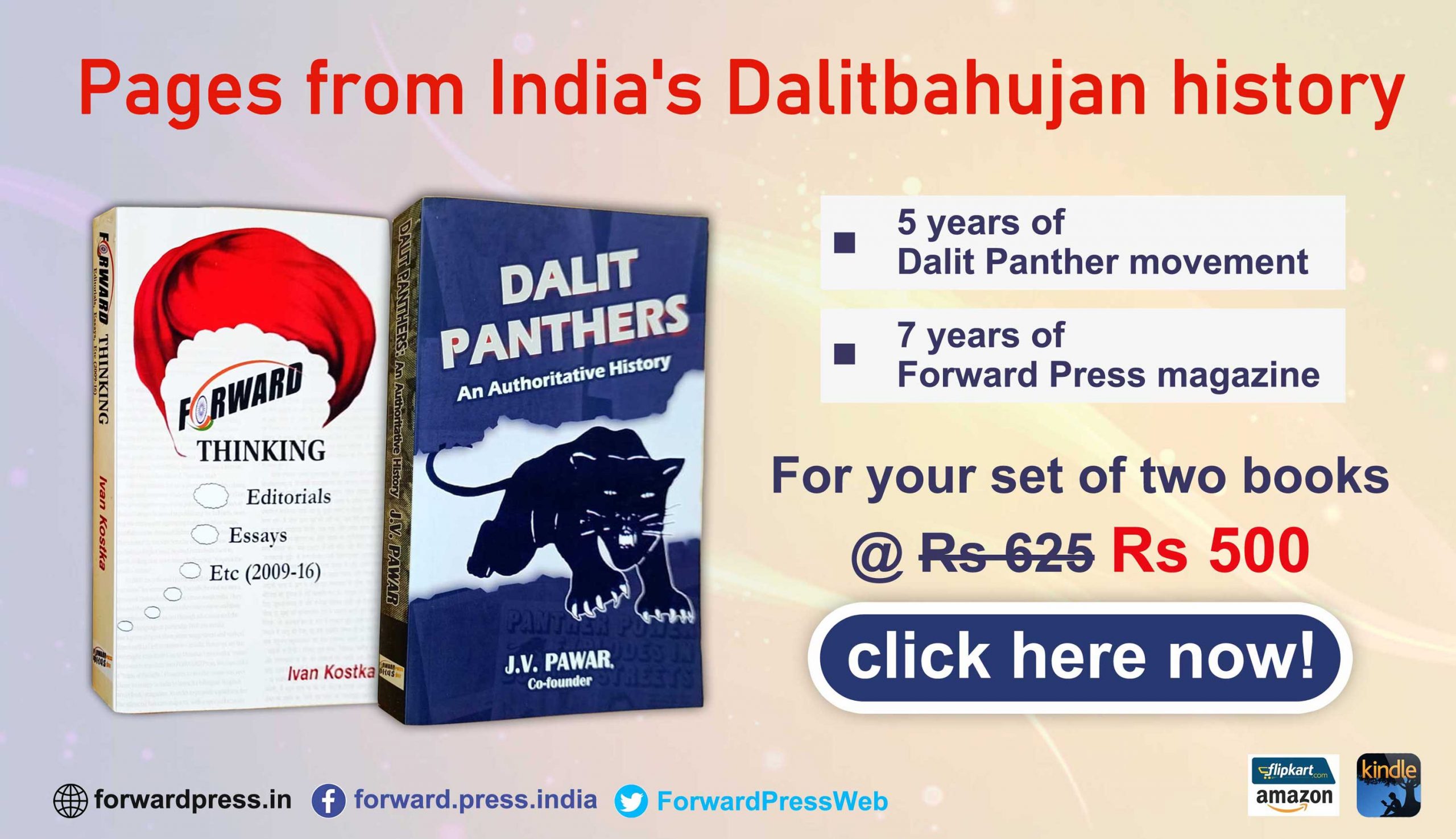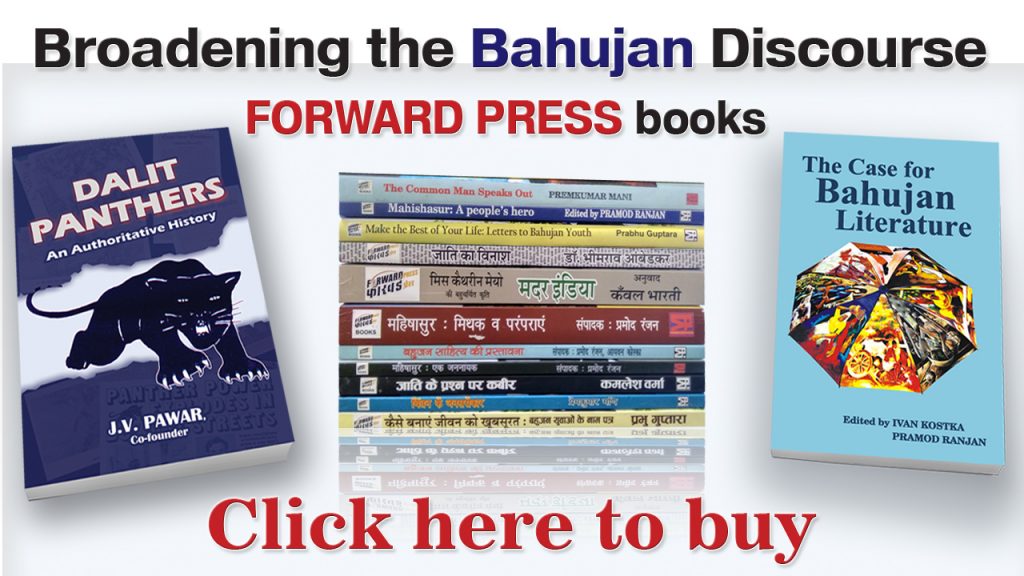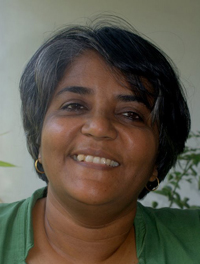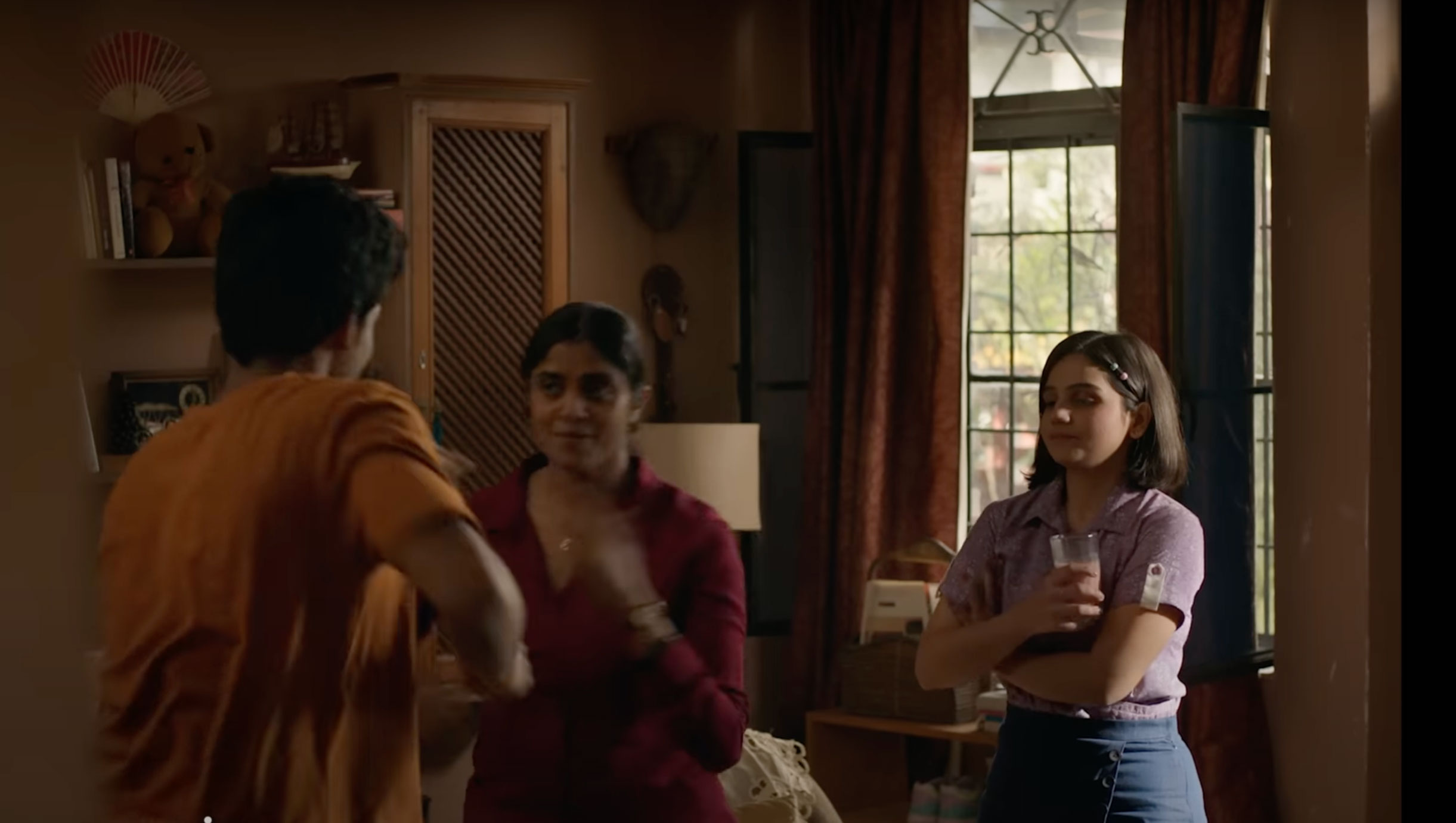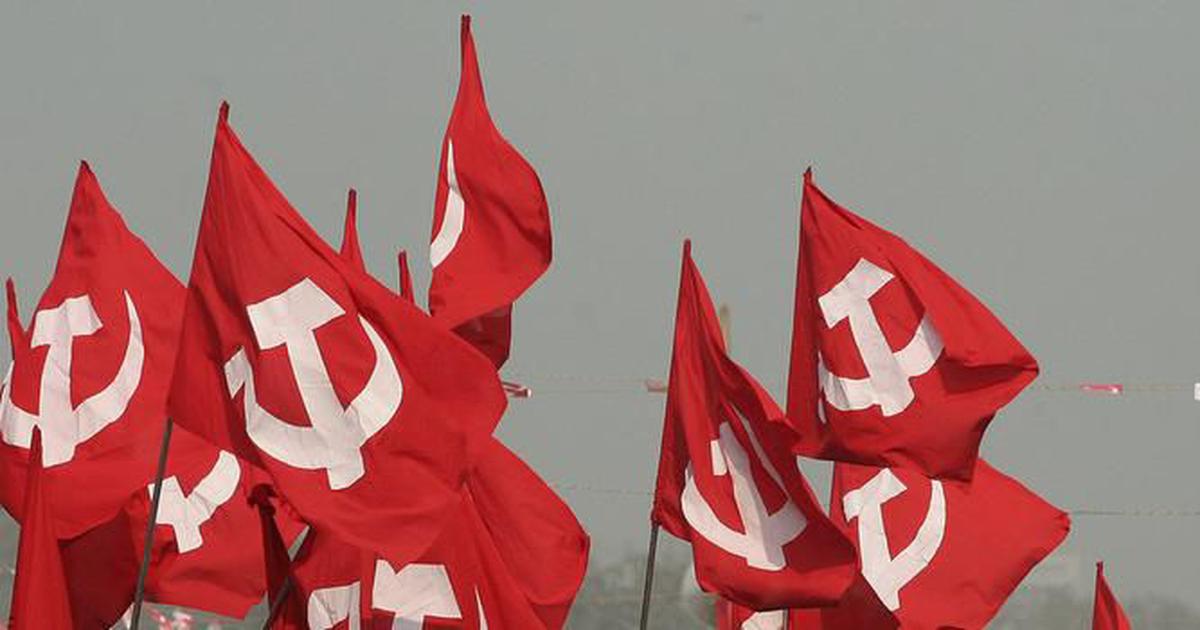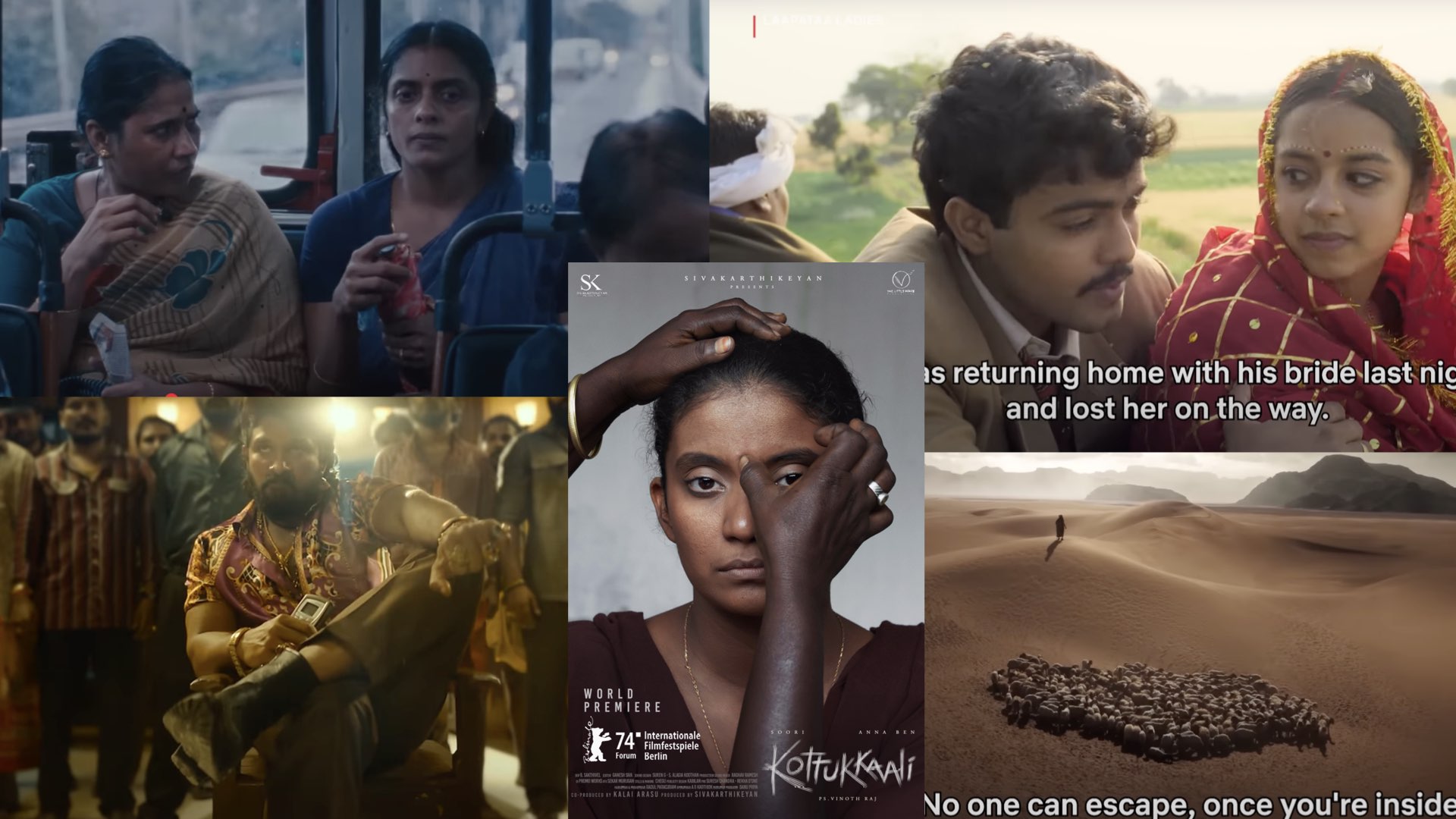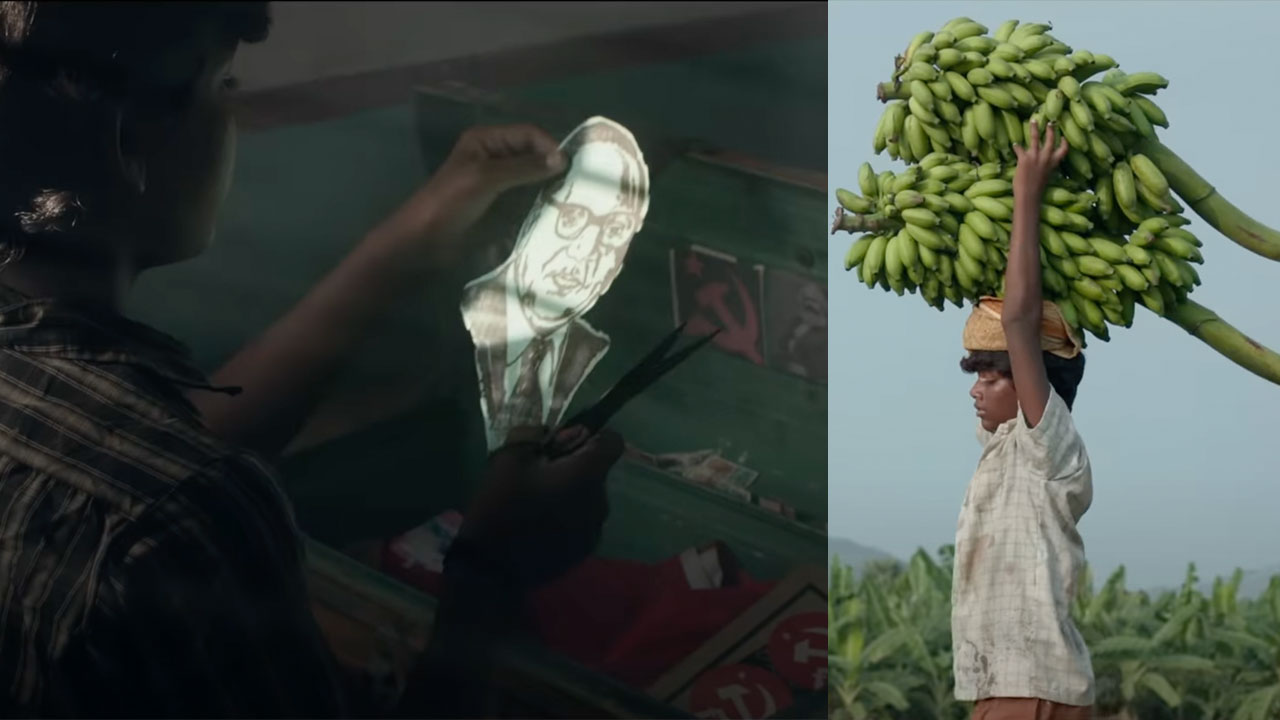On March 8, a special court in Madurai, Tamil Nadu, followed up on the conviction of 10 men for the murder of Gokulraj, a young Dalit engineering student, in 2015 by sentencing all of them to life imprisonment. In the case, the Prosecution had submitted a written deposition in addition to oral arguments, which reads like a crime thriller but the crime is so horrific that the word “thriller” ought to be replaced by “horror”.
The three important aspects of the Prosecution’s arguments are:
- The question of motive. The accused and the victim did not know each other. The murder was a diabolical conspiracy arising from a frenzied casteist mindset invested in blood purity.
- The local police administration preferred to stay with the suicide theory, at least initially, but very soon registered the case under the Scheduled Castes and Scheduled Tribes (Prevention of Atrocities) Act 1989. Further, a timely petition in the High Court asking for a post-mortem was filed by a local advocate, who stood by Gokulraj’s family in their time of sorrow, and argued by long-time civil rights advocate Shankar Subbu (who handled “encounter” cases in the 1980s). The post-mortem report made clear the brutality of the crime, and the presumption of suicide – based on a “note” found in Gokulraj’s pocket – was not tenable anymore.
- Unlike other such instances, where young people had been murdered for marrying across castes, in this case, a young Dalit man was murdered for talking to a caste Hindu (Gounder) girl. Also, unlike in other instances of familial custodial crimes, in this case, the victim and in fact even his female friend were not known to the murderers, though it is likely that the latter were aware of the girl’s family, in and through kin and caste networks. The girl stayed with the case, cooperated with the investigation as much as she could, until it was not possible for her to do so – marriage and pregnancy kept her within the confines of the caste family and when the case was being heard, she turned a hostile witness, midway. The point is Gokulraj was killed in cold blood by a tight-knit caste group, many of whom were members of the Dheeran Chinnamalai Peravai, a casteist outfit that had also gone to court over author Perumal Murugan’s novel Madhorubhagan (whose English translation was titled One Part Woman) and was vociferous in upholding the so-called honour of Gounder women, which, its members argued had been called into question in Murugan’s novel. This was a classic case for prosecution under the SC-ST Act 1989.
The manner in which Special Public Prosecutor B.B. Mohan has worked with the SC-ST Act 1989 is a lesson in jurisprudence. Since the question of motive in this case was mired in caste history and social psychology, or the everyday performance of varna dictum, as Mohan put it, and not in an enumerable dispute, or immediate and local caste animosity, it needed to be supplemented with evidence that matched the nature of the crime. Arguing that Yuvaraj the chief accused and the mastermind behind the crime was invested in an ideology of blood purity, Mohan set about proving how he sought to actualize his belief – by literally killing and dismembering a Dalit young man, who he viewed as “sullying” the honour and blood of a Gounder woman.

Given that most of the prosecution witnesses turned hostile, he had to rely on circumstantial evidence, and he went about indexing this with astounding meticulousness, drawing chiefly on forensic evidence: the post-mortem report, the matching of CCTV footage to actual bodies, the tracing of cell phone conversations. Mohan also sought to establish that a conspiracy had been hatched to carry out this brutal murder: with regard to caste crimes, a conspiracy is invoked to point to how deliberate acts of murder were carried out in such and such an instance – as when a Dalit woman is killed because she insisted on laying claim to land or on insisting a caste Hindu man who had promised marriage do so, or when Dalits are cheated out of what is due to them, by way of land or other resources, or when their homes are torched and they are hurt in the course of a well-planned attack from locally dominant castes. In this instance, though, Mohan’s invocation of conspiracy was to establish that the deliberate and intentional act of murder that Yuvaraj and his cohorts carried out was at the behest of a frenzied casteist mindset – that is, the killing was done, not to settle this or that matter in particular, but was, done to uphold both untouchability and caste. In this sense, the conspiracy sought to secure a value system and so had to be viewed as an exercise in unbridled casteism and violative of Articles 17, 14, and 15.
Further, by using conspiracy to establish a motive that derived from caste, Mohan upturned conventional uses of the charge – which is usually invoked by the State against those that ostensibly desire to overthrow the government or indulge in acts of violence to destabilize the polity. In contrast to how the charge is usually made, Mohan drew on it, both in a specific as well as normative sense, to point to a consciously executed unconstitutional act of discrimination and violence that had to do with the social realm.
The judgment reflected the ways in which the Special Public Prosecutor had argued: refusing to heed the defence’s arguments against the hatching of a conspiracy, many of which were drawn from case law that protected civil liberties, the judge made clear that the present case was not comparable to those other cases where liberties were imperilled. This was a flagrantly unconstitutional act, meant to shore up the caste order.
Forward Press also publishes books on Bahujan issues. Forward Press Books sheds light on the widespread problems as well as the finer aspects of Bahujan (Dalit, OBC, Adivasi, Nomadic, Pasmanda) society, culture, literature and politics. Contact us for a list of FP Books’ titles and to order. Mobile: +917827427311, Email: info@forwardmagazine.in)
The titles from Forward Press Books are also available on Kindle and these e-books cost less than their print versions. Browse and buy:
The Case for Bahujan Literature
Dalit Panthers: An Authoritative History
